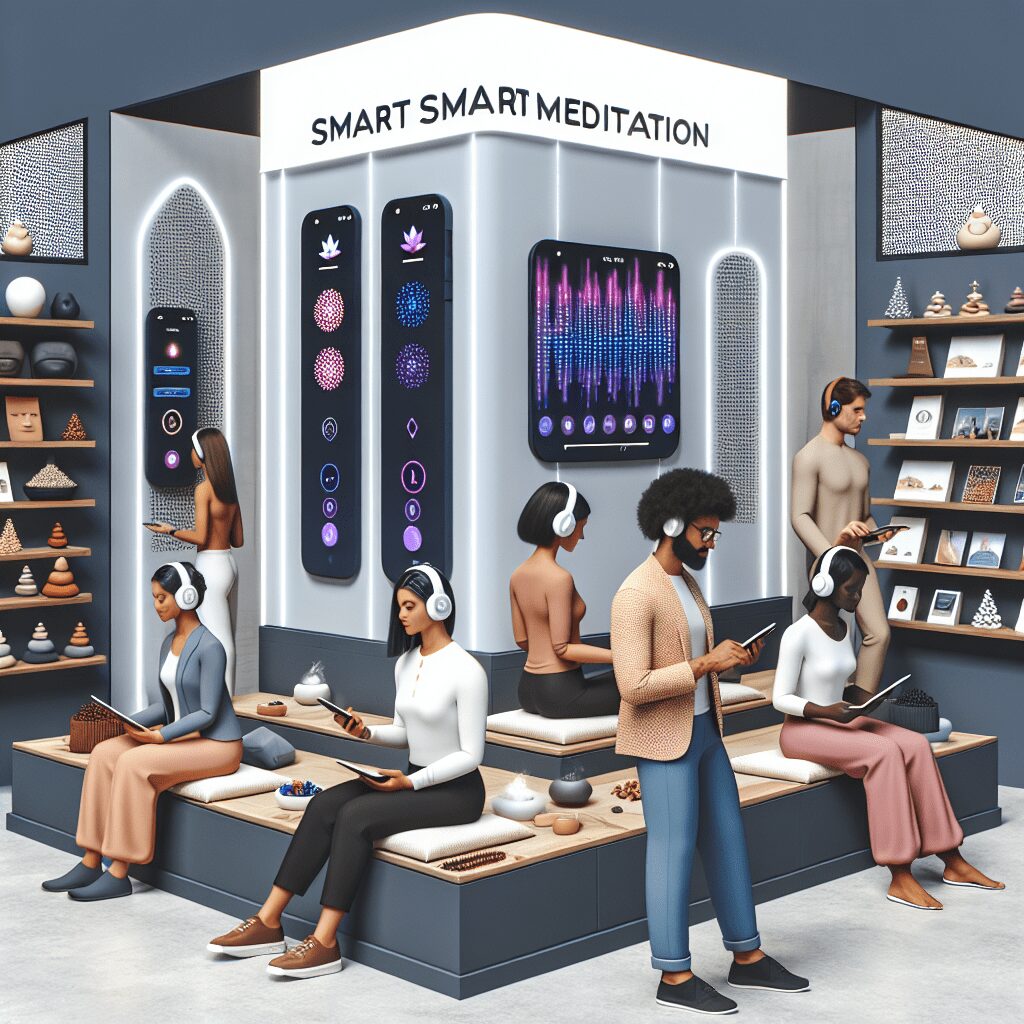
Prioritize your mental well-being daily. Enhance your life by nurturing your mental health with the Smart Meditation app. Break free from stress, alleviate anxiety, and enhance your sleep quality starting today.
What Antidepressants Can You Drink On?
Navigating the Cocktail of Concerns: Antidepressants and Alcohol
It’s a conundrum as old as time—or at least as old as modern medicine. You’re on antidepressants, which is a giant step towards regaining your equilibrium. But now, there’s a social gathering on the horizon, and with it, the ubiquitous presence of alcohol. The million-dollar question pops up: Can you enjoy a drink without sending your treatment or well-being off the rails? Let’s dive into the mix, untangle the facts, and see if we can’t emerge on the other side a tad wiser.
The Sobering Truth About Antidepressants and Alcohol
First off, let’s lay it on the line. The interaction between antidepressants and alcohol is, at best, complicated. At worst, it’s downright risky. There’s a whole spectrum of antidepressants out there—SSRIs (selective serotonin reuptake inhibitors), SNRIs (serotonin and noradrenaline reuptake inhibitors), tricyclics, MAOIs (monoamine oxidase inhibitors)—and each interacts with alcohol in its own way.
SSRIs and SNRIs: The ‘Safer’ Bet?
If you’re navigating the social seas, SSRIs and SNRIs might seem like a safer harbor. These include medications like fluoxetine (Prozac), sertraline (Zoloft), and venlafaxine (Effexor). Generally, a glass of wine or a pint of beer won’t capsize your ship. However, and it’s a big however, this doesn’t mean you’ve got the all-clear to drink to your heart’s content. Alcohol can exacerbate the side effects of these meds, such as drowsiness and dizziness. Plus, let’s not forget, alcohol itself is a depressant. So, while you might not face immediate danger, you could be undermining your treatment’s effectiveness.
Tricyclics and MAOIs: Tread With Caution
On the other hand, if you’re on tricyclic antidepressants or MAOIs, you’re in a different boat. These meds and alcohol don’t mix well. At all. With tricyclics, think amitriptyline or clomipramine, alcohol can enhance the sedative effects, leading to an increased risk of accidents or overdoses. MAOIs, such as isocarboxazid or phenelzine, have an even longer list of no-nos, including certain foods and, you guessed it, alcohol. The combination can lead to dangerously high blood pressure, a real red flag situation.
Steering the Course
So, what’s a social butterfly to do? Well, here are a few pointers to keep in mind:
-
Talk to Your Doctor: This is your lighthouse. Before you take a sip, have a chat with your healthcare provider. They know your medication and your situation inside out.
-
Know Thyself: Reflect on how alcohol affects you personally. Does it tend to depress your mood? Are you prone to risky behaviors with a few drinks under your belt? It’s crucial to consider these factors.
-
Go Slow: If you and your doctor decide it’s okay to imbibe, take it slow. Limit yourself to one drink and see how you feel. Your body’s reaction can be your guide.
-
Have a Game Plan: Going into a social situation? Have a strategy. This might mean setting a drink limit, ensuring you’ve eaten, or having a non-alcoholic alternative in hand.
Remember, embarking on a treatment plan for depression is a significant and commendable step towards better health. While the question of whether you can drink on antidepressants doesn’t have a one-size-fits-all answer, with careful consideration and professional guidance, you can navigate these waters successfully. After all, safeguarding your progress is worth more than a glass of bubbly, wouldn’t you say?




